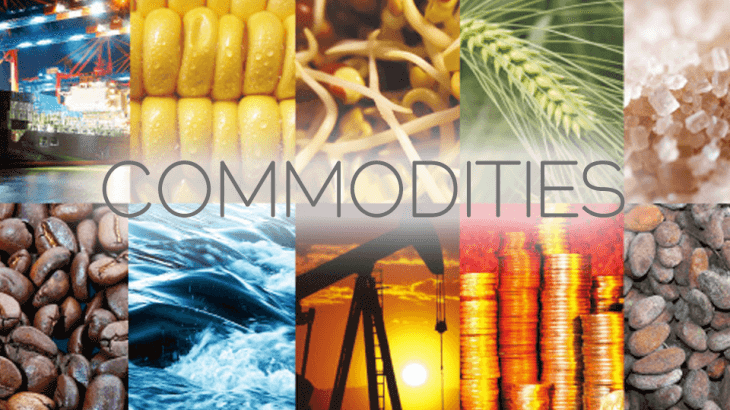What commodities are traded on an exchange?
- George Solotarov
- Hits: 274

Commodities are hard assets that can be touched. A commodity can be any asset that will be of interest to buyers and available to sellers. For example, if companies and investors want to buy sawdust in large volumes, they will show up on the exchange and start making deals on it.
All commodities are divided into several groups:
- precious metals, such as gold and silver, copper and platinum;
- agricultural products: e.g. grains, wheat, sugar and coffee, animals;
- energy products: crude oil, gasoline, natural gas.
The commodity market is quite clearly regulated and regulated. To understand trading in commodities and to invest successfully in raw materials, one has to learn how to choose the most tradable and liquid goods.
Base metals
Metals hold a large share of the commodities market. Precious metals include assets such as gold, silver, platinum, and palladium. They are widely traded commodities on the market due to their high value and are used for both industrial and jewelry purposes.
This asset is often used to hedge against inflation and currency fluctuations. When the value of fiat currencies goes down, the demand for precious metals goes up, causing prices to rise.
Precious metals show a gradual increase in value in the long term. And this trend will continue as the number of precious metals decreases on the earth, making it limited and more expensive. For example, gold prices have been rising since 2002. Active trading in 2006 alone and making good use of the trend would provide the trader with a profit of $45K for 1 contract.
Food Commodities
Before figuring out how to learn how to trade commodities and how to invest in commodities, it is important to understand that most traders look for the best-selling commodities. Food commodities are among the most traded and sought-after commodities.
Agricultural (food) commodities include the following groups of commodities:
- Cereals - wheat, soybeans, soybean oil, rice, oats, and corn;
- "Soft commodities"-sugar, cocoa, coffee, and orange juice;
- livestock - pigs, cattle;
- industrial crops - palm oil and lumber.
Energy Carriers
In today's world, our lives are dependent on an uninterrupted supply of energy for both living and working. The ever increasing demand for energy has made global energy supplies a scarce commodity, and the importance of energy trade in the world has increased dramatically.
Energy products traded in the commodity market include crude oil, natural gas, gasoline, and various fuels, as well as electricity and wind power. These products are traded as raw materials or as refined products such as gasoline and diesel fuel. Oil trading is one of the main types of income in the commodities market, and also very promising because prices for these commodities often fluctuate sharply.
Oil traders tend to specialize in a particular group of petroleum products. There are many ways to bet on the direction of crude oil prices. Alternatives range from crude oil futures and options to exchange-traded derivatives, energy stocks, and industry mutual funds.
In general, trading energy products in the commodity market is complex and dynamic, with several pressures that can affect market trends and trigger dramatic price movements, so all risks should be considered.
Also, if you want to use all available trading tools to increase your capital as soon as possible - follow this link below, or contact us via live chat. Our experts will help you to choose the best strategy for success.

